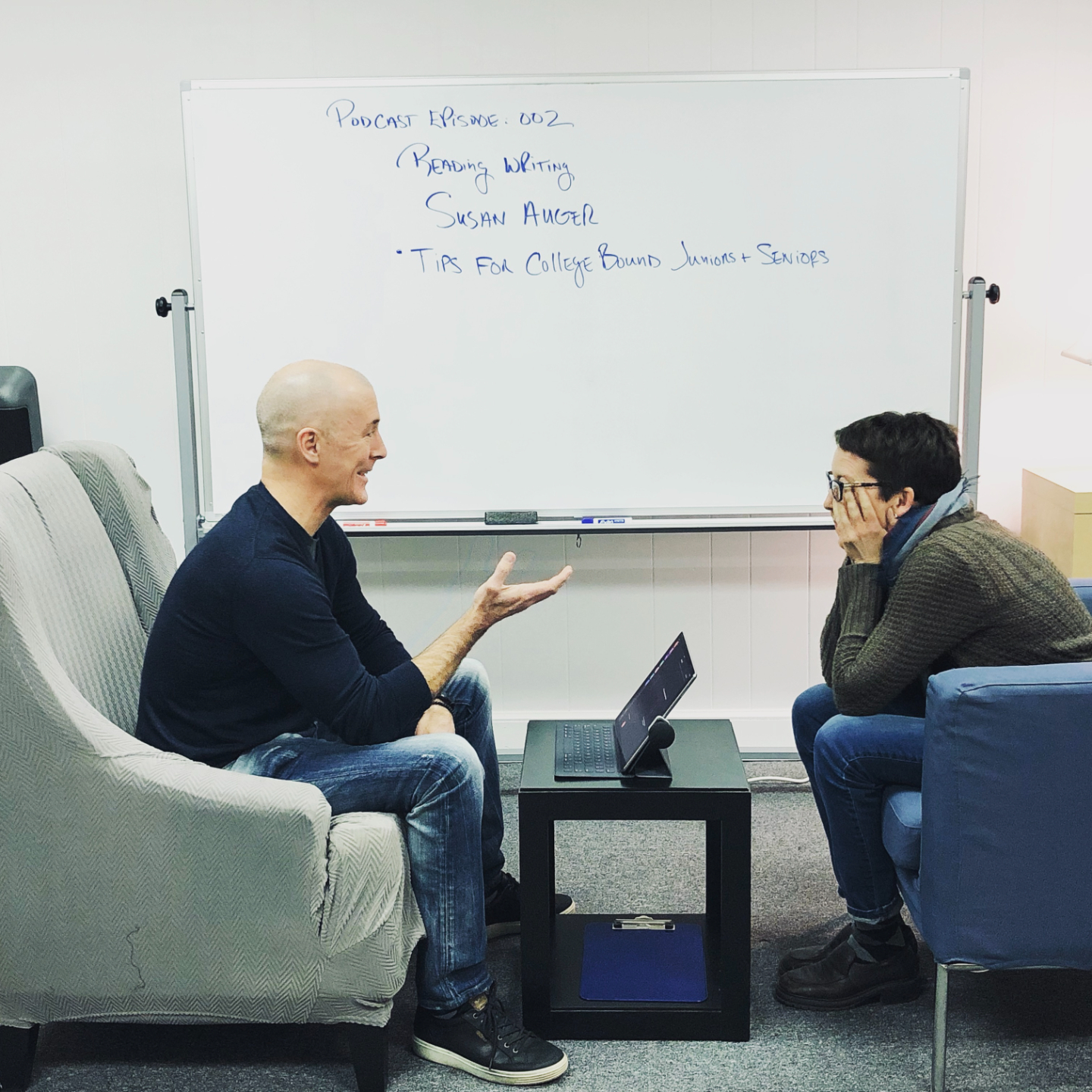Thanksgiving Break Checkpoints: What Your College Student’s Behavior Is Really Telling You
Nov 23, 2025
Thanksgiving break is here, and for many parents, it's the first real opportunity to see how their college student is actually doing — beyond the short texts, vague updates, or “I’m fine” messages.
After working with thousands of students across more than 200 colleges and universities, I can tell you:
Thanksgiving break reveals everything the semester has taken out of them.
Whether your student is thriving, exhausted, anxious, or quietly struggling, this week gives you early insight into what’s really been happening behind the scenes.
Below are the key “Thanksgiving Break Checkpoints” to help you understand your student’s behavior — and how to support them without triggering frustration or shutdown.
Emotional Checkpoint: What’s the Vibe?
Ask yourself:
-
Are they quieter than usual?
-
Snappy or overly sensitive?
-
Retreating to their room more than normal?
-
Seeming “on edge” or disconnected?
These are often signs of:
-
Burnout
-
Stress overload
-
Shame about grades
-
Social or emotional exhaustion
Not disrespect. Not laziness.
Overwhelm.
Academic Checkpoint: Watch Their Reaction, Not Their Words
Instead of asking:
“So… how were your grades?”
Try this:
“How are you feeling about this semester so far?”
Then observe:
-
Relief → They’re managing.
-
Tension or defensiveness → Something is off.
-
Evasion or shutdown → Overwhelmed or anxious.
-
Deflection or humor → Fear of disappointing you.
Their reaction tells you far more than their answer.
Lifestyle Checkpoint: How Are They Recharging?
Look for changes in:
-
Sleep
-
Appetite
-
Social energy
-
Motivation
-
Daily rhythm
Chaotic routines at home often signal chaotic routines on campus.
This isn’t laziness — it’s mental and emotional dysregulation.
Motivation Checkpoint: What Are They Avoiding?
Burned-out students often say:
-
“I don’t want to talk about it.”
-
“Let’s just enjoy break.”
-
“It’s fine.”
-
“I’ll fix it later.”
Avoidance is not lack of caring.
It’s a sign of overwhelm + fear of judgment.
How to Support Without Triggering Shutdown
Use these gentle, non-intrusive scripts:
✔ “It seems like this semester took a lot out of you. I’m here to understand, not judge.”
✔ “You don’t have to explain everything today — just focus on resting.”
✔ “When you’re ready, I want to understand what this fall felt like for you.”
These open doors instead of closing them.
Want More Support? Join the 3-Day Parent Challenge (Dec 8–10)
If you’re noticing any concerns — emotional, academic, or behavioral — and you want clarity before winter break and next semester, this challenge will help.
Over three evenings, I’ll teach you:
-
Why students shut down or fall behind
-
How to talk to your student without triggering defensiveness
-
What signs indicate readiness to return next semester
-
How to support them without enabling, micromanaging, or walking on eggshells
-
A step-by-step plan to help your student reset for spring
👉 Learn more about the Parent Challenge here: College BounceBack Parent Challenge
Give yourself clarity.
Give your student the support they deserve.
Stay connected with news and updates!
Join our mailing list to receive the latest news and updates from our team.
Don't worry, your information will not be shared.
We hate SPAM. We will never sell your information, for any reason.

